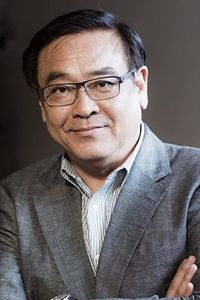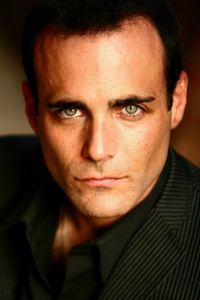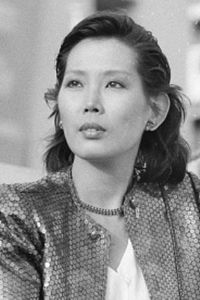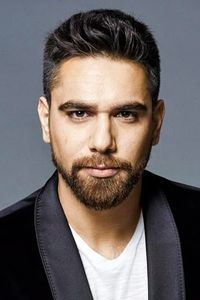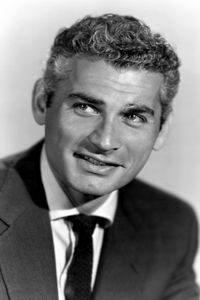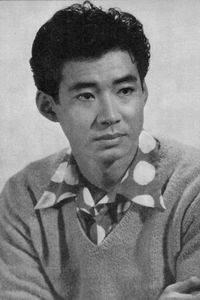Juan Carlos' fascination with filmmaking began when he was just 8 years old, after receiving a rejected Christmas gift from his mom - a video camera his dad had initially planned to return to the store. Instead, his mom gifted it to him, and he never looked back. Over the years, he produced a wide range of content, including shorts, commercials, sketches, and animations, storing his tapes in a big blue wooden box.
Growing up, his parents' enthusiasm for foreign films played a significant role in shaping his love for cinema. They would often buy passes to local film festivals and spend weeks watching pictures from South America, Africa, and Europe. This exposure had a profound impact on Juan Carlos, and he eventually decided to pursue a career in film at New York University.
However, his early years in the industry were marked by financial struggles. He had to cold-call non-profit organizations in NYC to secure directing gigs, and it took him a year to land his first professional directing job, which earned him a Silver Telly award. Despite this success, he continued to feel unfulfilled, and his heart yearned for something more.
It was then that he began working on his first feature-length documentary, Second Skin, which explored the world of online role-playing games. The project was a personal and financial risk, as Juan Carlos went into credit card debt and borrowed from friends and family to fund it. He also had to rely on ramen noodles for sustenance during those challenging times.
However, his hard work and dedication paid off when Second Skin premiered at SXSW, and he knew that all his struggles had been worth it. The documentary's success led to opportunities to direct web series for Vice Magazine and documentaries for their Motherboard channel, which he worked on for two years.
Juan Carlos' next project was his second feature film, titled Know How, which was his first narrative picture. The film was an unlikely underdog story, but he was thrilled to bring a musical written and acted by real foster care youth to the screen. The multi-protagonist film, which blended elements of The Wire and Glee, told the true stories and voices of foster care youth, shedding light on a system that often works against those it serves.









